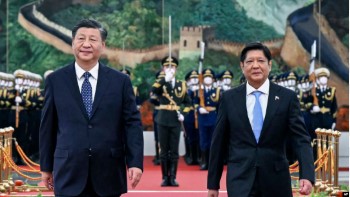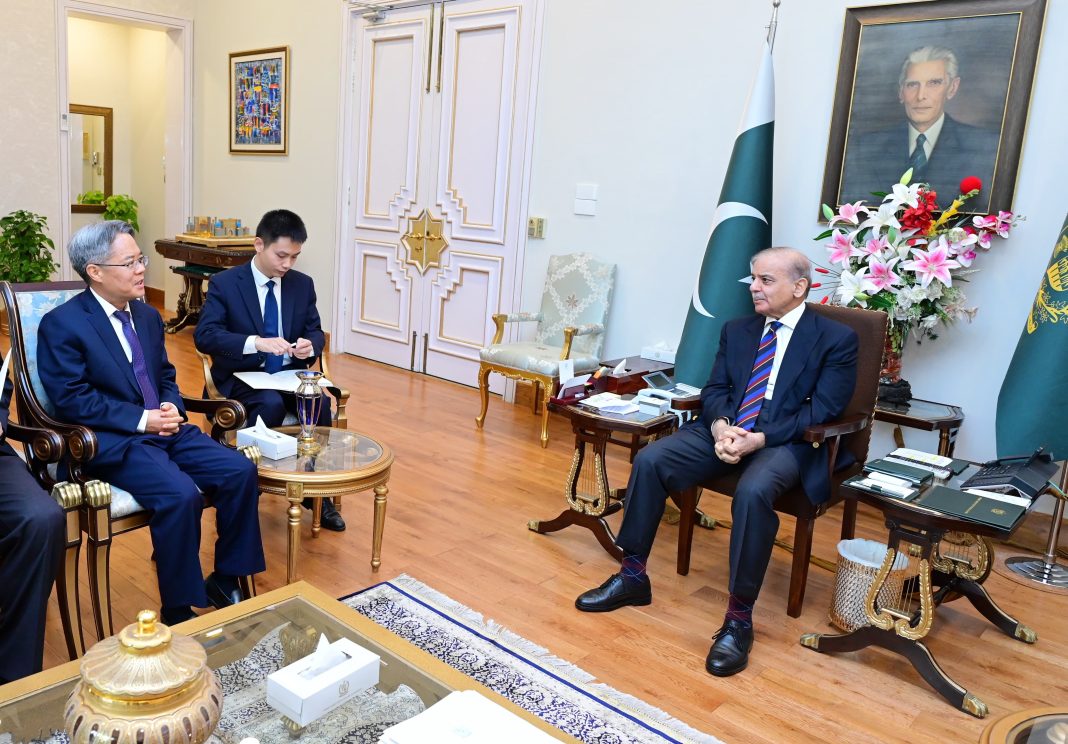
Philippine President Offers China a Deal: Halt Aggression in the South China Sea, and U.S. Missiles Will Be Removed
- World News
- January 30, 2025
- No Comment
Philippine President Offers China a Deal: Halt Aggression in the South China Sea, and U.S. Missiles Will Be Removed
Philippine President Ferdinand Marcos Jr. has proposed a conditional removal of a U.S. missile system stationed in the country, stating that if China ceases its “aggressive and coercive actions” in the South China Sea, the U.S. missile deployment could be withdrawn.
The missile system in question, the U.S. Army’s Typhon mid-range missile system, was deployed in northern Philippines in April last year as part of joint military training with U.S. forces. The system includes Tomahawk Land Attack Missiles, capable of reaching over 1,600 kilometers (1,000 miles), potentially covering parts of mainland China.
China’s Objections and Marcos’ Response
Beijing has repeatedly demanded the removal of the U.S. missile system, arguing that its presence is fueling geopolitical tensions and contributing to an arms race in the region. However, President Marcos dismissed China’s concerns, pointing out that the Philippines does not interfere with China’s military deployments.
“Let’s make a deal: Stop claiming our territory, stop harassing our fishermen, stop ramming our boats, stop using water cannons against us, and stop your aggressive actions—then we’ll return the Typhon missiles,” Marcos stated during a press briefing in Cebu province.
Missile Relocation Amid Rising Tensions
A senior Philippine official, speaking on condition of anonymity, revealed that the Typhon missile system was recently repositioned to a strategic location closer to Manila, an area near heightened maritime confrontations between Philippine and Chinese forces. The official also confirmed that the system will remain indefinitely unless there is a change in regional security conditions.
China’s Official Response and Philippine Defense Stance
Chinese Foreign Ministry spokesperson Mao Ning condemned the missile deployment, calling it a “highly dangerous move” that escalates tensions in the region. Meanwhile, Philippine Defense Secretary Gilberto Teodoro rejected China’s demands, emphasizing that the missile placement was an internal defense decision and not subject to foreign interference.
Wider Territorial Disputes in the South China Sea
The South China Sea remains a highly contested area, with China, the Philippines, Vietnam, Malaysia, Brunei, and Taiwan all laying overlapping claims to the strategic waterway. The U.S. has repeatedly backed the Philippines, denouncing China’s aggressive actions, including recent clashes between Philippine and Chinese coast guard forces.







